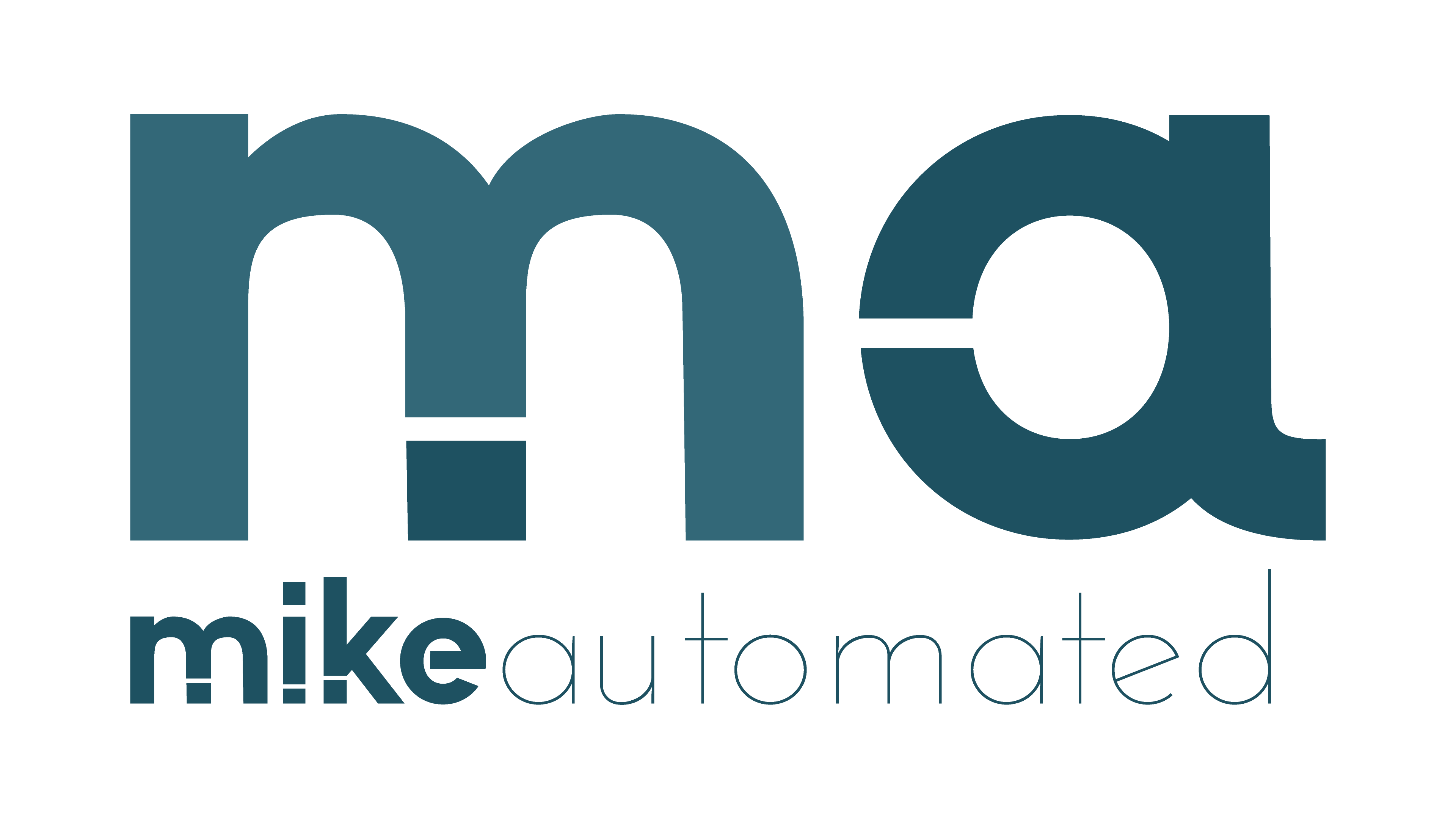TL;DR Summary:
- AI helps businesses analyze massive amounts of search data for actionable trends.
- Predictive algorithms identify upcoming search patterns to inform marketing strategies.
- Natural Language Processing (NLP) enables deeper understanding of user intent in search queries.
- Businesses can gain a competitive edge by utilizing AI tools for real-time discovery of trends.
- Leveraging AI in SEO allows for highly targeted content creation.
What Is AI in Search Trend Analysis?
Artificial intelligence (AI) is transforming the way marketers approach search engine optimization (SEO). Rather than reacting to trends after they emerge, businesses can use AI to analyze search data in real time and predict future patterns. Search trends refer to the evolving queries users input into search engines, which can reveal consumer interests and behaviors. By leveraging AI technologies, businesses can stay ahead of their competition by anticipating search trends and adjusting their digital strategies accordingly.How AI Analyzes Search Trends
AI employs various methods to identify and analyze trends. These technologies can process vast amounts of data quickly and pinpoint patterns that are not easily recognizable. Here are the primary ways AI analyzes search trends:1. Analyzing Historical Query Data
AI systems use historical search data to examine how certain topics or keywords have performed over time. By identifying recurring patterns or seasonal trends, these systems can help businesses anticipate future search demand.2. Real-Time Processing
Many AI tools are designed to scan live search data. This allows businesses to spot new trending topics as they emerge and create content that addresses those trends immediately.3. Sentiment Analysis
By applying Natural Language Processing (NLP), AI can assess the sentiment behind search queries. For example, it can determine whether users are generally optimistic or concerned about a topic, providing deeper insight into the context of those searches.4. Predictive Analytics
Predictive models use machine learning to forecast future search volumes based on past and current data. These forecasts enable businesses to align their plans with trends before they peak.Why Predicting Search Trends Matters
Staying ahead of search trends is crucial for businesses in today’s fast-paced digital world. Here’s why it matters:1. Competitive Advantage
By using AI to predict search trends, businesses can launch campaigns and create content around upcoming topics before competitors do.2. Improved Content Relevance
Successful SEO relies on relevant, timely content. Predictive trend insights ensure that businesses address users’ needs as they evolve.3. Enhanced User Experience
Understanding search intent through AI helps businesses design content that answers specific questions, improving engagement and site usability.4. Better Resource Allocation
Predictive trend data helps marketers prioritize initiatives that are likely to succeed, avoiding wasted effort on outdated topics.AI in Action: Examples of Trend Prediction
Companies across industries are already leveraging AI-powered tools for search trend prediction. Here are some real-world examples:1. E-Commerce Sales Forecasting
An online retailer might analyze search data to predict increased demand for specific categories, such as summer clothing or holiday gifts, and adjust their inventory accordingly.2. Content Creation
A blog on emerging technologies could use AI to spot upticks in search terms like “quantum computing” or “AI in healthcare,” allowing them to create content that captures rising interest.3. Local Marketing
AI can identify surging location-based searches, such as “best cafes near me,” enabling businesses to optimize their local SEO strategies.Key AI Tools for Analyzing Search Trends
To make the most of AI in trend prediction, businesses can rely on specialized tools. Here are some popular options:- Google Trends: Tracks search interest over time and highlights related topics.
- Ahrefs: Offers keyword analytics and insights to help define content strategies.
- Semrush: Provides data on trending search phrases and competitive research.
- AnswerThePublic: Visualizes search query data to map out user intent.
- BuzzSumo: Analyzes popular content topics and social media trends.
How Businesses Can Get Started
If you’re new to using AI for search trend analytics, follow these steps:- Identify Goals: Determine what you want to achieve, whether it’s improving SEO rankings or identifying content gaps.
- Choose Tools Carefully: Select AI-driven platforms that align with your objectives.
- Collect and Analyze Data: Regularly review search data to understand patterns and make data-driven decisions.
- Test and Optimize: Implement strategies based on AI insights, then refine them based on performance.
Future of AI in SEO
As AI technology continues to advance, its integration into SEO is expected to grow deeper and more sophisticated. Some key trends on the horizon include:- Voice Search Optimization: AI will play a key role in optimizing content for natural, conversational queries via virtual assistants.
- Hyper-Personalized Results: AI will refine search engine algorithms to provide even more accurate, user-specific results.
- AI-Powered Automation: Automating repetitive SEO tasks, such as keyword monitoring and performance tracking, will improve efficiency for marketers.



